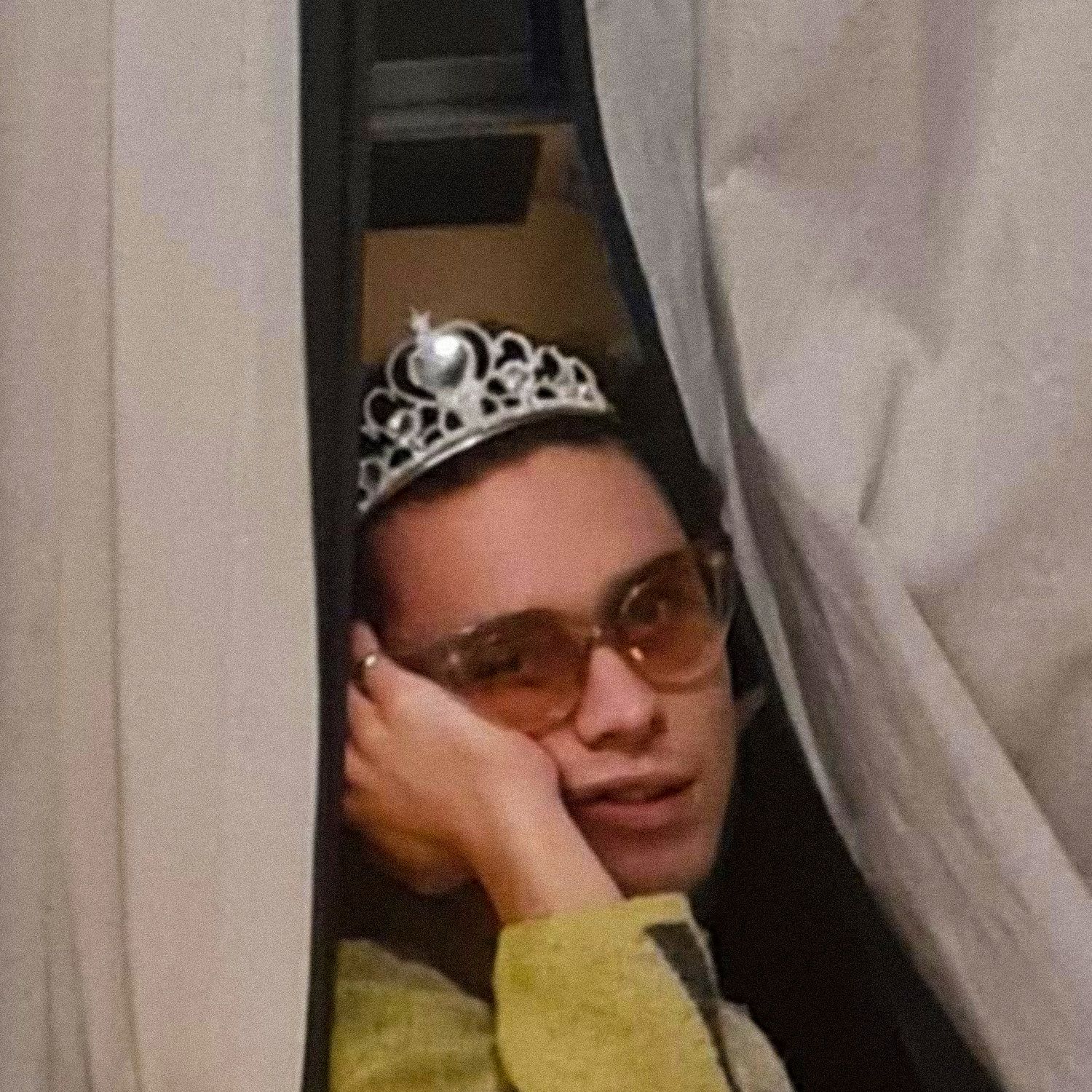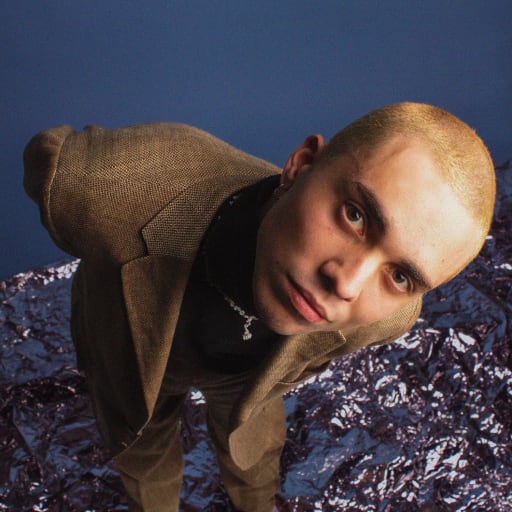
7ONA LEE
7ONA LEE
LEE is ever impressed and intimidated by the plurality of identity. His youth was defined by the American metropolis and bound to the dirt paths of the Dutch farmland. He came home to a Jewish New York mother, his best friend was a devout Christian, his favorite music a blend of classical and rock. Expectedly, the town he lived in wanted to hear nothing of it. As a kid he could only dream of escape, and so problems of the present were exchanged for aspirations of the future.
7ONA LEE’s music sounded retro Americana. His obsession with the electric guitar paved the way to a sound reminiscent of Queens of the Stone Age, the Doobie Brothers, and Hall and Oates.
His arrival to Berlin was a fever dream.
The city’s music scene is as serene as it is fleeting: you meet a thousand people you try not to recognize, friends are exchanged for acquaintances, personalities exchanged for status. As Björk wrote, ‘there’s no one here, and people everywhere’. Companionship was liminal, forcing him to hold on tight to the promise of the tangible: his guitar. Musicianship ushered opportunity. LEE became the go-to guitarist and bassist for Studio 9, a place frequented by the up and coming. In his time there, he had sessions with artists including Carlo Karacho, Dilla, Benzii, Leepa, TimmyT and many more.
Techno kick drums, house melodies, sultry vocals, and a provocative electric guitar laid the foundation of his work. Songs took heavy inspiration from The Garden, Sweely, Radiohead, and Jamiroquai. Whatever it took, it had to be danceable and real.
A little less than a year later Studio 9 had to close. 7ONA LEE fell behind. The people he had met now lived their careers. He didn’t. His relationships became distant, unknown, and untouchable. Depression reigned supreme in a castle fortified by prozac and alcohol; nothing was good enough anymore and neither was he.
That year was spent frequenting open mics, playing live performances, and doing unpaid gigs. People always sang along - he didn’t know why.
Many months had passed and he slowly learned to love the craft again. By spring, the snow had thawed and LEE could write. His experiences, previously informed by sadness, were reflected upon. Empathy and parody now dictated his lyricism. He decided that his message didn’t have to mean a lot, just enough to mean something. His album to come, ‘Fever Dreams’, does exactly that. The work provides a shoulder to lean on, a dream to hold on to, and a yearning to embrace.




